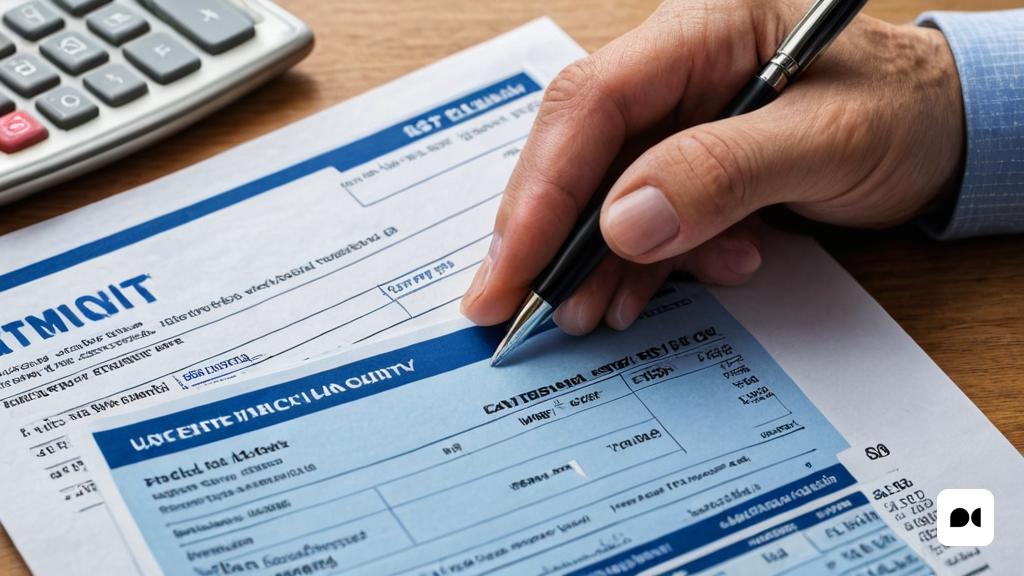A Growing Need: The July Data
The Vital Minimum Income (IMV) provided vital support to a total of 639,968 households in July, thus benefiting almost 2 million people, according to the most recent data from the National Institute of Social Security (INSS).
The average amount that these families receive is 484.9 euros, with a total amounting to 354.5 million euros in aid during this month, as announced by the Ministry of Inclusion, Social Security and Migration.
A Significant Increase in Performance
Compared to the previous year, there has been a notable increase of 152,662 active benefits, marking a growth of 31.3%. This means that 505,976 more people have accessed this essential support.
Families with minors: A high percentage
The data indicate that 67.5% of households receiving the IMV include minors, with 432,225 registered households. Of these, 110,992 are single parents, highlighting the vulnerability of these family units.
Additional Support for Children
A total of 438,974 households that receive the IMV also benefit from a supplement for children. This aid varies according to the age of the children, with amounts ranging from 115 euros for children aged 0 to 3 years to 57.5 euros for children aged 6 to 18 years.
Profile of Beneficiaries: Women and Spaniards
When analyzing who benefits from the IMV, it is revealed that 67% of the holders are women, and 82.5% of the beneficiaries are Spanish citizens. The average age of the holders is set at 45 years.
Long-Range Impact: Cumulative Data
Since its implementation in mid-2020, the program has reached 873,789 households, benefiting a total of 2,596,582 people, including more than a million children and adolescents.
With a cumulative investment of 11.43 billion euros in benefits, the IMV has proven to be a key tool for social protection in difficult times, offering essential support to the most vulnerable families.

